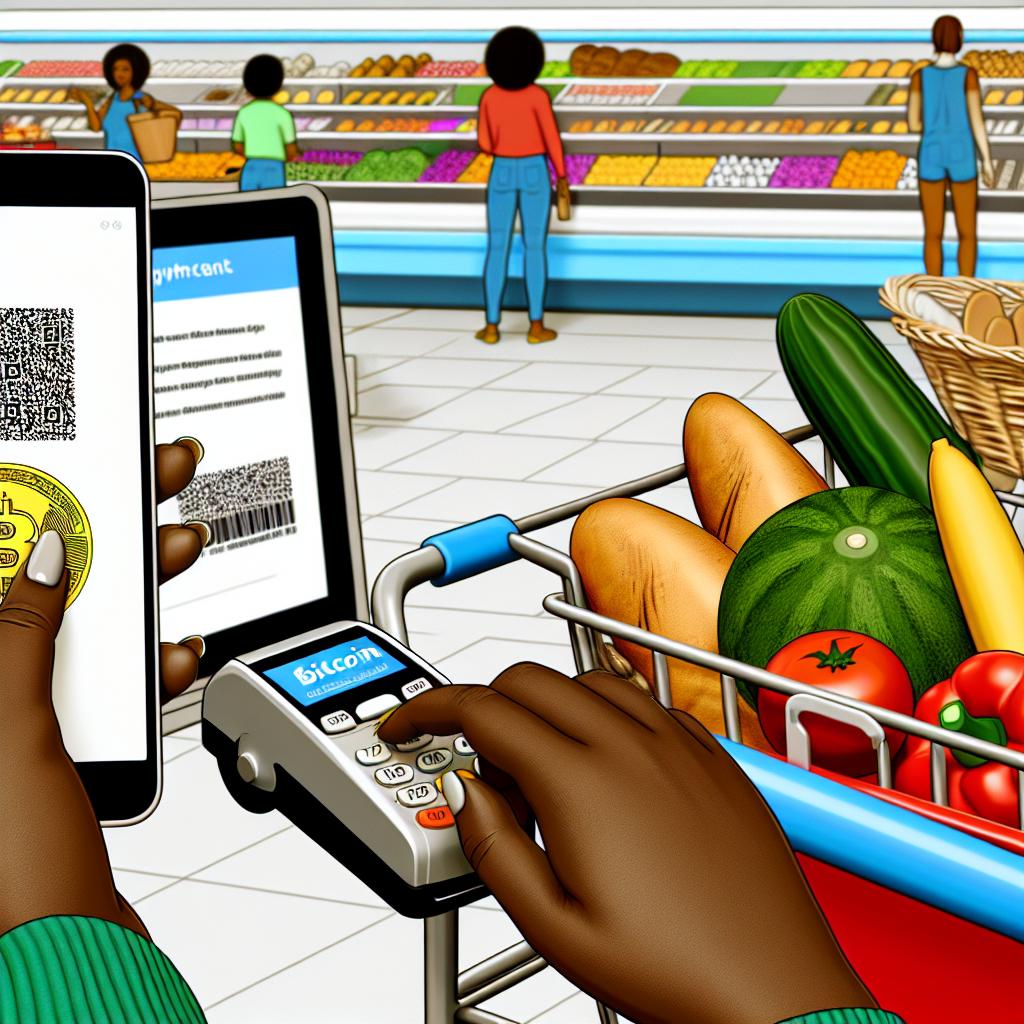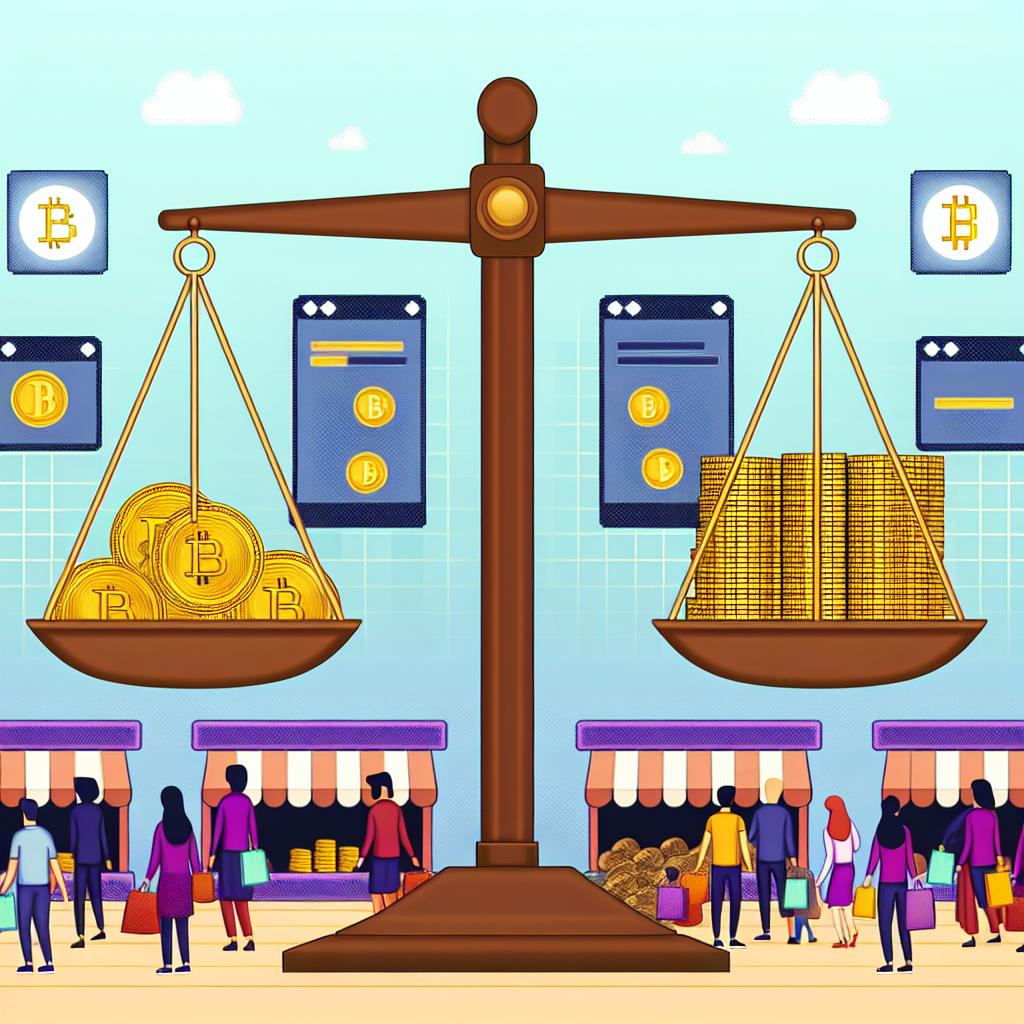Understanding Bitcoin for Everyday Use
Bitcoin has steadily emerged as a prominent digital currency, providing a decentralized and secure means of payment for everyday purchases. As we explore its practical use, it is essential to understand what Bitcoin is and the fundamental principles of its operation. Bitcoin is categorized as a cryptocurrency, functioning on a peer-to-peer network. This means transactions occur directly between users, eliminating the need for intermediaries such as banks.
Setting Up a Bitcoin Wallet
To utilize Bitcoin effectively for everyday purchases, the initial step involves setting up a Bitcoin wallet. A Bitcoin wallet functions as a digital tool, allowing users the capability to store, send, and receive Bitcoin securely. Diverse types of Bitcoin wallets are available, catering to a range of user preferences and security needs.
Software Wallets: These are applications that can be installed on either a computer or a smartphone. Software wallets are among the most popular options due to their ease of access and convenience. They are suitable for users who frequently transact and need their wallets readily accessible.
Hardware Wallets: Unlike software wallets, hardware wallets are physical devices specifically designed to store Bitcoin offline, offering enhanced security. These devices are an excellent choice for those prioritizing security over convenience and often hold significant amounts of Bitcoin.
Web Wallets: These online services offer the flexibility to access your Bitcoin from various devices with an internet connection. Web wallets are ideal for people who require mobility and ease of access, though they may present increased risks if the service provider’s security is compromised.
After selecting a wallet type that aligns with your requirements, it’s imperative to follow the provider’s instructions diligently to set up your wallet securely.
Purchasing Bitcoin
With your Bitcoin wallet established, the next step is purchasing Bitcoin to enable transactions. Acquiring Bitcoin can be through multiple channels, each offering distinct features. Cryptocurrency exchanges such as Coinbase are prevalent platforms where users can buy Bitcoin. These exchanges facilitate transactions in a structured environment, providing tools for tracking and managing digital assets.
Alternatively, peer-to-peer markets like LocalBitcoins offer a more direct, personal approach to buying Bitcoin. In these marketplaces, buyers and sellers interact directly, negotiating terms and prices without intermediary involvement.
Bitcoin ATMs present another option for those who prefer cash transactions. These ATMs are gaining prominence in numerous locations, offering users a straightforward way to purchase Bitcoin with cash.
Using Bitcoin for Transactions
Upon funding your wallet, you’re equipped to start using Bitcoin for daily transactions. An increasing number of retailers now accept Bitcoin, whether directly or through specialized payment processors. The process of completing a Bitcoin transaction follows these general steps:
1. **Identifying Bitcoin Acceptance:** Check if the retailer from whom you wish to purchase accepts Bitcoin.
2. **Choosing the Payment Method:** At checkout, select Bitcoin as your payment option.
3. **Executing the Payment:** Scan the retailer’s QR code using your Bitcoin wallet app, or alternatively, manually enter the provided wallet address within your application.
4. **Transaction Confirmation:** Once the information is correctly entered, confirm the transaction from your wallet.
These steps are straightforward, allowing a seamless integration of Bitcoin into regular purchasing habits.
Advantages of Using Bitcoin
The advantages of employing Bitcoin in everyday purchases constitute compelling reasons for its rising popularity:
– **Reduced Transaction Fees:** Bitcoin transactions typically incur lower fees compared to traditional banking methods, which often involve multiple intermediary costs.
– **Enhanced Privacy:** Bitcoin transactions do not link directly to personal information, thereby offering users a degree of anonymity and protecting their privacy in financial dealings.
– **Global Accessibility:** As a global, borderless currency, Bitcoin eliminates the complexities associated with currency exchange, providing a robust option for international transactions.
Despite these advantages, users should be aware of certain disadvantages, such as Bitcoin’s price volatility, which can impact the value of their holdings. Additionally, the number of merchants accepting Bitcoin remains lower compared to traditional fiat currencies, posing a limitation on its usability.
Conclusion
Understanding the mechanics of setting up a wallet, purchasing Bitcoin, and conducting transactions is crucial for integrating Bitcoin into everyday purchases. The benefits it offers, including privacy, low fees, and global accessibility, position Bitcoin as a valuable asset in the modern payment landscape. However, potential limitations such as acceptance rates and fluctuation in value must be considered to mitigate risks. As adoption continues to grow, Bitcoin is poised to become a more commonplace solution for day-to-day transactions, evolving its role as a viable alternative to conventional currency methods.
This article was last updated on: March 13, 2025





